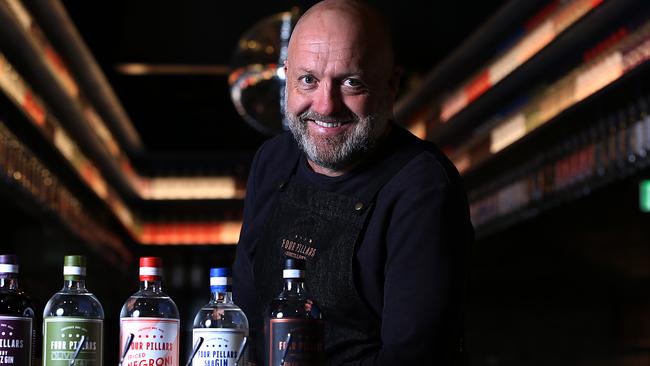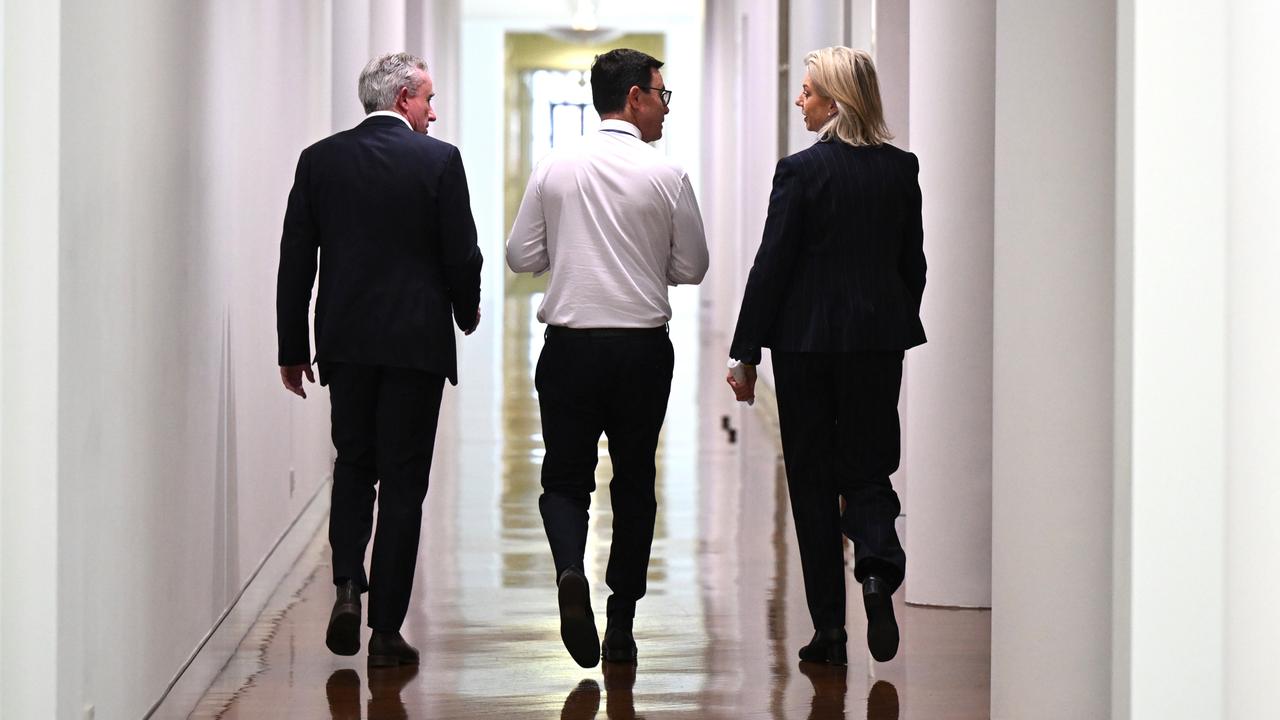Alcohol industry seeks to uncork a $12bn expansion
Australia’s spirits, beer and wine companies are pushing for major tax, export, regulatory and investment concessions to take on the world’s biggest alcohol producers.

Australia’s spirits, beer and wine companies are pushing for major tax, export, regulatory and investment concessions to take on the world’s biggest alcohol producers and expand the industry’s economic output to $64bn by 2030.
Under a nine-year plan released on Tuesday, the industry outlines a pathway to rapidly grow Australia’s burgeoning premium whiskey, gin, wine and craft beer businesses into global forces.
A key target is the distilling market, with Australian alcohol companies seeking to emulate Japan’s whisky trade, which is on track to hit a $US1.1bn share of the global market by 2025.
The 2030 vision, based on new Deloitte Access Economics research, comes ahead of the Morrison government releasing its food and beverage road map this week, guiding investment under its $1.5bn Modern Manufacturing Strategy.
Alcohol Beverages Australia, representing companies including Asahi Beverages, Lion, Treasury Wine Estates, Campari, Coca-Cola Amatil, Beam Suntory, and Coles Liquor, forecasts the industry can grow its total workforce to 268,000 directly employed jobs under the right policy settings.
In addition to employing an additional 47,700 people, the alcohol sector predicts its economic value will expand from $52bn to $64bn, with exports more than doubling to $8.6bn by 2030.
To drive investment, the sector is pushing for reductions in alcohol, payroll and company taxes to ensure its businesses remain globally competitive. Under the current settings, the alcohol industry pays $9.3bn in taxes.
Australian liquor companies are slugged with the fourth-highest beer tax, third-highest spirits tax and seventh-highest wine tax in the developed world.
Pernod Ricard Winemakers chief executive and Alcohol Beverages Australia chair Bryan Fry said the industry had significant potential for growth by improving market access for exporters and slashing red tape to “enable small producers to reinvest in their operations and lift employment”.
“The revenue produced by our local alcohol beverage industry delivers benefits right along the supply chain, bringing jobs and money into our communities, including those in rural and regional Australia,” Mr Fry said.
The alcohol industry is a major contributor to regional economies, with 35 per cent of its workforce located in the regions, and it is calling on the government to consider clearer pathways for regional work visas and young unemployed Australians to move outside the capital cities.
With the alcohol manufacturing industry investing $465m in capital expenditure in 2019-20, the sector wants tax and regulatory burdens to be removed to unlock fresh investment.
Distillers including Four Pillars Gin and Hellyers Road Distillery have rapidly expanded their footprints in the premium gin and whisky markets.
Alcohol Beverages Australia chief executive Andrew Wilsmore said that with “concerted action from industry and government”, the sector could explode.
“We are open for business and primed for expansion, with strong policies to drive sustainable growth for our industry and the broader economy. The alcohol beverage sector offers enormous potential to contribute to the growth of our economy and job creation in our communities over the next decade,” Mr Wilsmore said.




To join the conversation, please log in. Don't have an account? Register
Join the conversation, you are commenting as Logout